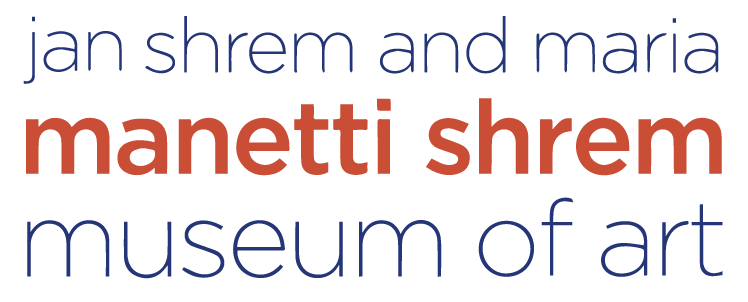Fall 2025 Programs
All programs are in person at the museum unless otherwise noted.

Art Spark: Drop-in art making for all ages
Campus Community Book Project
Crossing Paths: Art and Memoir in Conversation
Tuesday, November 4
4:30–6:30 PM

Join us for a powerful interdisciplinary program exploring the intersections of art, migration and identity. This event brings together the evocative visual narratives in the exhibition “OJO” Julio Cesar Morales with the deeply personal journey chronicled in Javier Zamora’s acclaimed memoir Solito, the 2025-26 UC Davis Campus Community Book Project selection. Through guided discussion of select artworks from “OJO,” we’ll engage with lived experiences connected to border crossings. Whether you’ve read Solito, visited “OJO,” or are new to both, this program invites you to reflect and deepen your understanding of migration and belonging.
Please register for this free public program at least two days in advance.
Organized by the UC Davis Campus Community Book Project and the Manetti Shrem Museum.
Breath, Soil, Water, Life
NEW DATE AND TIME
Tuesday, November 18
3–4 PM

Audiences are invited to witness a live meditation on breath, identity, resistance and the power of listening in this culminating performance by UC Davis students in African American Studies 152: Major Voices in Black World Literature. The course is being taught at the museum by Professor Margaret Kemp during the spring and fall 2025 quarters. Students respond to artist LaToya Ruby Frazier’s Flint is Family in Three Acts, on view in the exhibition Breath(e): Toward Climate and Social Justice, and engage themes of climate and social justice through poetry, gesture and voice to weave personal narrative with collective memory.
Hear student reflections and watch a video.
Art Jam
Thursday, November 20
6–8:30 PM

Art Jam is a celebration of student creativity. Settle in for a night of art making (with free snacks) and get to know inspiring folks from across campus who are infusing creativity into the way they think about outer space, sustainability and more.
Original art from the Center for Space Exploration Research’s artist-in-residence program
Sheepmower-themed crafting
Nature journaling with Scientific Illustration Club
Fish printing with the American Fisheries Society
Live music: Nineteenth Operator
Check out the museum's fall exhibitions during their final weeks
Occasionally, the cast of collaborators grows as the event draws closer. Check back here or follow @manettishrem on Instagram to stay up to date!

